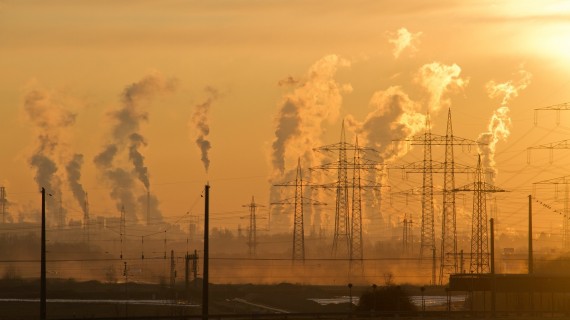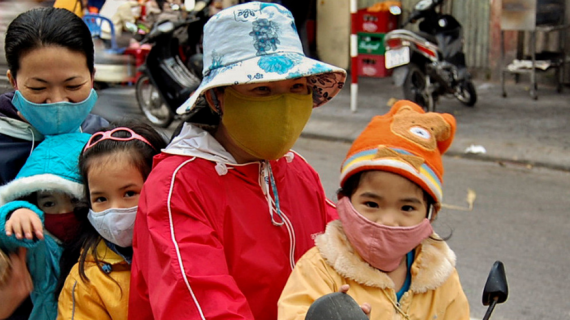A study of Harvard University of Massachusetts demonstrates a strong correlation between smog and Covid-19 coronavirus mortality.
The air of our cities has become cleaner and nature has returned to shine after the lockdown. But the relationship between covid-19 and pollution is not this. According to a recent study, in fact, smog, and in particular PM2.5 fine particles, seem to favor the spread of coronavirus in the world.
What have in common Wuhan, Milan and New York?
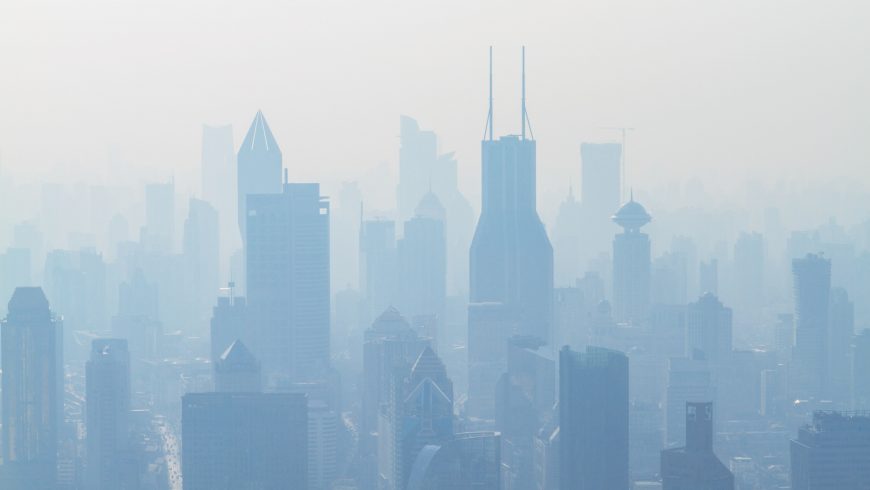
Wuhan, Milan and New York share high air pollution. For this reason, in the past weeks, hypotheses have been put forward on the correlation between pollution and the coronavirus pandemic.
Bologna University, about a month ago, published a study regarding the hypothesis that smog and fine powders may have accelerated the spread of coronavirus.
In fact, atmospheric particulate is an effective transport and diffusion vector for many chemical and biological contaminants, including viruses.
Mortality estimates in the United States
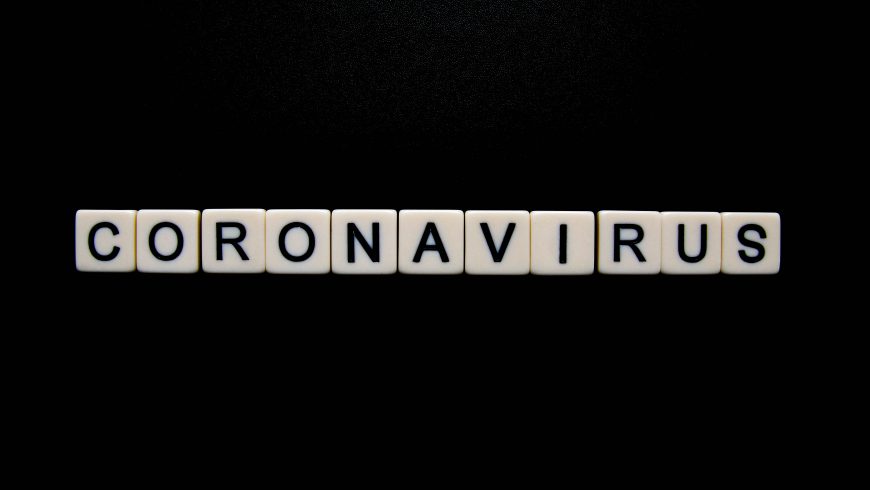
The United States estimates that Covid-19 may kill between 100,000 and 240,000 Americans.
Almost all the pre-existing conditions that increase the risk of death due to Covid-19 are linked to previous diseases, influenced by long-term exposure to fine particles.
PM2.5 fine powders contain micro solids and liquid droplets which, if inhaled, can cause serious health problems.
The study of Harvard University

Researchers from the Harvard T.H. Biostatistics Department Chan School of Public Heath, Boston collected data up to April 4, 2020 on Covid-19 deaths and the long-term average exposure of ultra-fine powders of over three thousand counties in the United States, which covered 98 percent of the population.
They also took into consideration other useful indicators to photograph the situation of each county on PM2.5 particulates and the exposure of citizens.
The study of Harvard University demonstrates an increase of one microgram per cubic meter of fine particles PM2.5 leads to a 15% increase in theCovid-19 death rate.
The results obtained are statistically significant and robust, with a confidence interval (in other words the margin of truthfulness) of 95%.
Clean air can help us defeat Covid-19
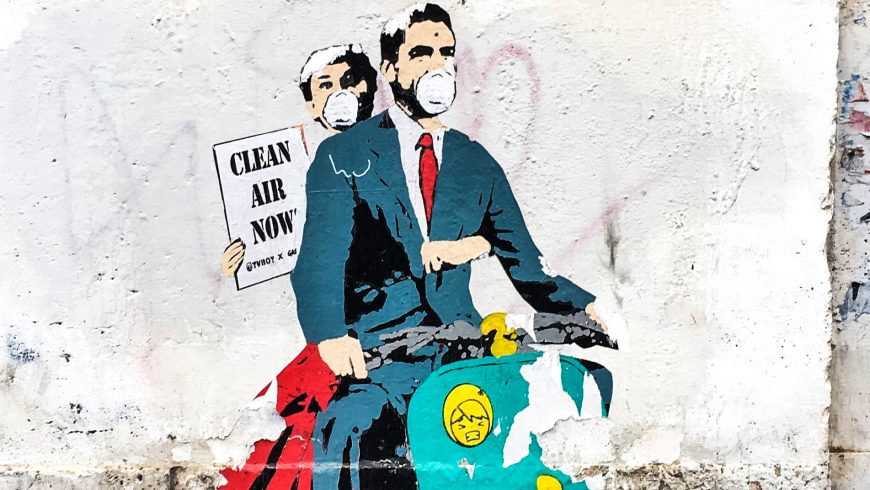
Smog is responsible for 5.5 million premature deaths all over the world, every year.
Certainly, the results of the study confirm the importance of keeping pollution in cities under control.
The decrease in fine particles in the air is a positive consequence of the coronavirus, which also could save our lives.
In conclusion, the research results highlight the importance of strengthening current regulations on air pollution by fine particles to protect human health during and after the Covid-19 crisis.
Cover image: Photo by Thijs Stoop on Unsplash

